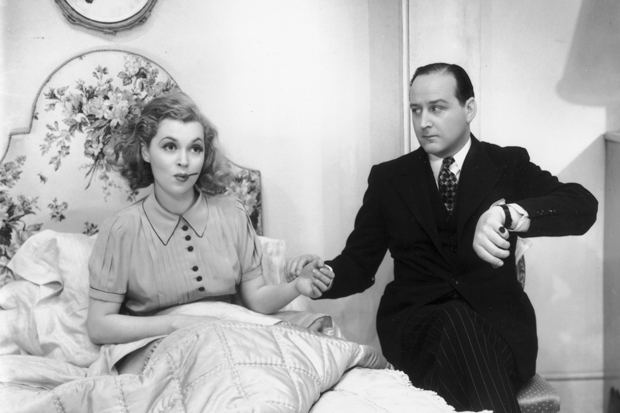There was a time, not long ago, when British GPs provided the best home doctor service in the world. Patients could telephone their doctor 24 hours a day, seven days a week (including Christmas), ask for a home visit and get one. Patients prepared to visit the surgery could expect to see a doctor the day they called.
Today, it is easier to find a plumber than a doctor at night and weekends. Patients wanting emergency help out of office hours must visit their nearest major hospital and spend hours queuing in the A&E department. In some areas the target waiting time is 12 hours, though in practice, things are often barbaric, with patients forced to lie in an ambulance, parked outside the hospital for up to eight hours before room can be found for them in the accident and emergency department. Patients who might otherwise have been saved are dying while waiting for treatment.
Patients who visit their GP in her surgery can, in many practices, expect to be given just enough time to describe one symptom. If they’ve got two they must make a second appointment.
It is generally assumed that the sudden deterioration in the quality of general practice is the result of the deal done between the government and the British Medical Association, the doctors’ union. The deal allowed doctors to opt out of providing night and weekend cover and, for most of the country, spelt the end of the traditional 24-hour-a-day cover. Those who looked a little closer realised that the deal was itself an inevitable result of EU employment laws, which regulated the number of hours the employees could work.
But although EU laws are responsible for the sudden deterioration in the quality of the NHS, they aren’t the whole answer. There is another organisation which deserves a good part of the blame: the General Medical Council.
The General Medical Council, the GMC, is a curious organisation which is part charity, part quango, part government department and part protection racket.








Comments
Join the debate for just £1 a month
Be part of the conversation with other Spectator readers by getting your first three months for £3.
UNLOCK ACCESS Just £1 a monthAlready a subscriber? Log in